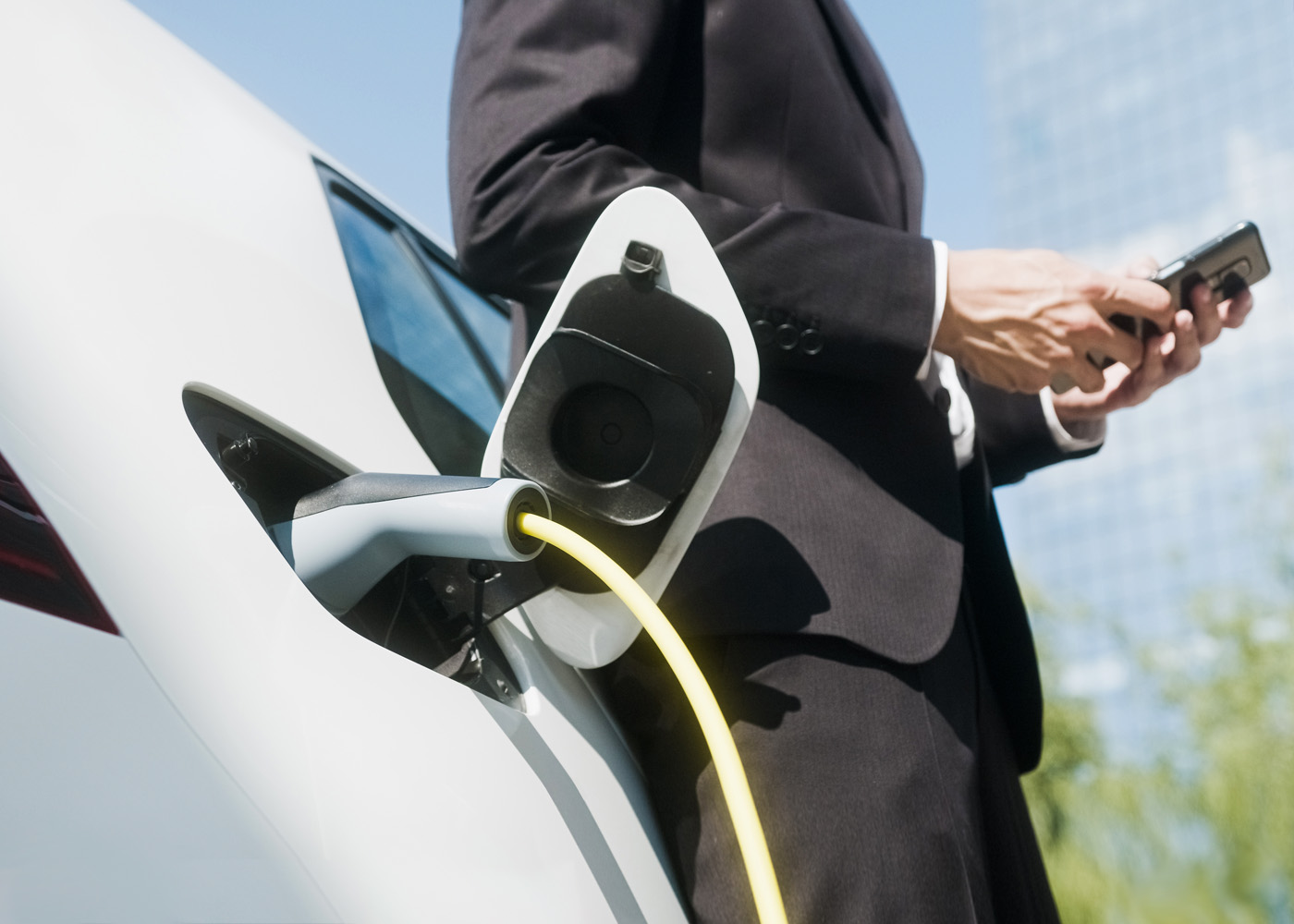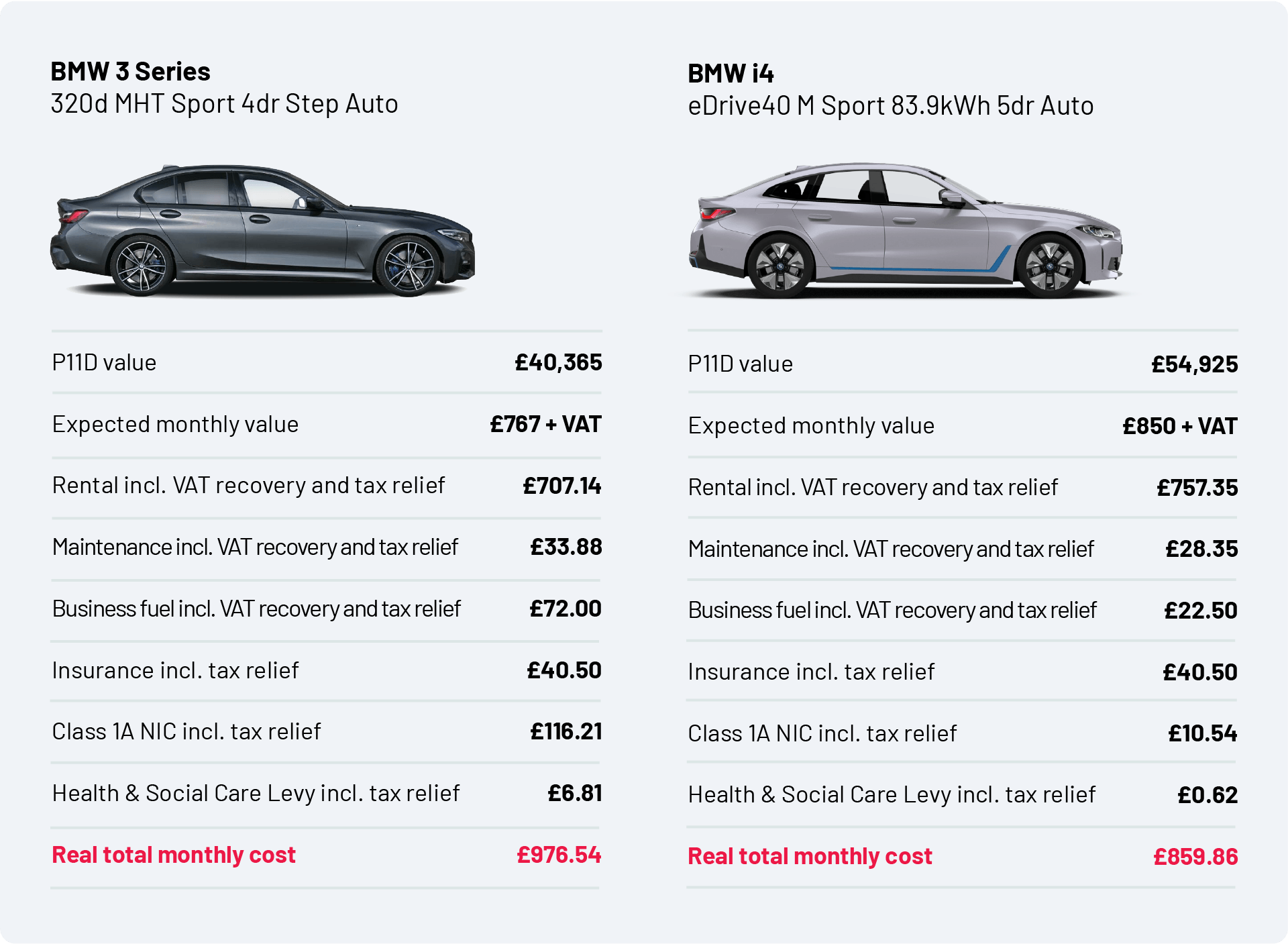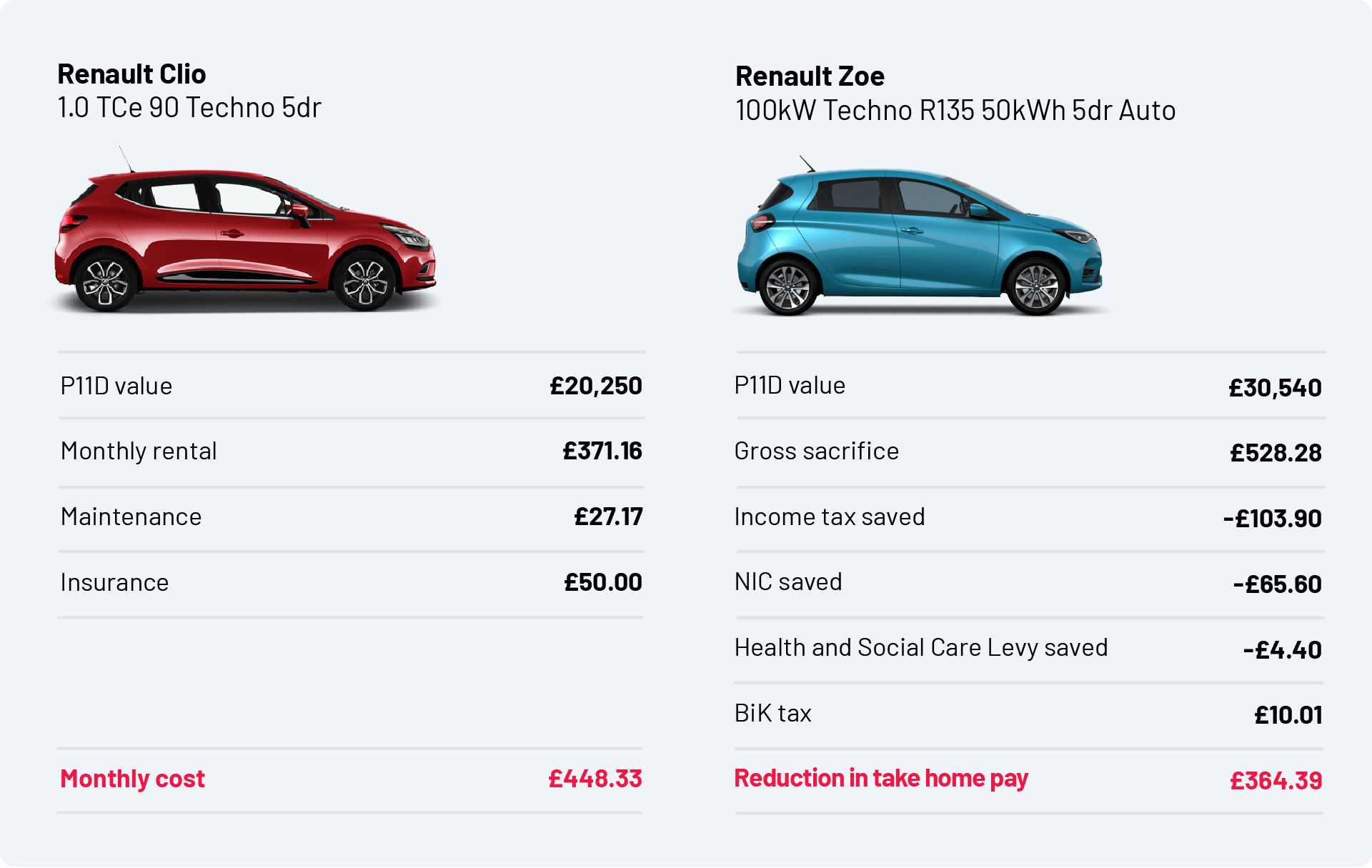S h a r e
Electricity costs might be rising, but EVs remain the cost-effective fleet future


Posted by
Andy Bruce
September 2022
Electricity costs are going up. We know this. The price cap – the most you can be charged on a default tariff – rises from 0.28p per kW to 0.52p per kW from the start of October.
Inevitably this Ofgem cap rise will increase the cost of charging up an electric vehicle (EV), definitely at home and almost certainly on the road.
For example, an electric car with an average of 3.0 miles per kWh will see the cost per mile rise from 9.3p to 17.3p. If you achieve an excellent 4.0 miles per kWh the cost will rise from 7p a mile to 13p a mile.
Put it another way; a Tesla Model 3 Long Range will cost £21 to charge its 75Kw battery on 30 September; the following day it will cost 88% more at £39.
Clearly, this all seems a little scary and heaps yet more pressure on stretched household expenditure amongst a confusing flurry of media headlines.
However, time for a deep breath… electric cars remain far better value on every consideration. And that’s despite the rise in electricity costs.
Let’s start with the costs
We have to look at whole life costs to fully understand the implications of vehicle choice.
For our example, we’ve chosen an old fleet favourite the BMW 320d M Sport diesel auto – and pitted it against the all-new electric BMW i4, effectively the electric counterpart to the 320d.
Although the electric i4 costs substantially more than its BMW diesel equivalent and the monthly rental is higher, it is significantly better on total monthly running costs – by more than £116 a month.
This is thanks to its advantageous taxation position, which lowers Class 1AC payments, but also thanks to the cost advantage of electricity against the price of diesel.

BMW 320d: 36 months, 3+33 profile, 15,000 miles a year / 8000 on business with diesel at 1.83 gallon. BMW i4: 36 months, 3+33 profile, 15,000 miles a year / 8000 on business electricity at 13p per kW. Source: Fleet Alliance whole life cost calculator
So, yes, the BMW i4 will cost more to charge with electricity following the price cap rise, but it remains far more economical, both for the employer in terms of running costs and for the employee.
Talking of the employee, we haven’t yet mentioned the huge advantages of driving the electric BMW. The Benefit in Kind gap between the two cars is substantial: on average over the term, a 40% tax-paying driver gives up just £37 a month to drive the i4; against this, the 320d would hand the taxman £404 a month for the privilege of the diesel-engined BMW.
And then there’s also the private cost of fuel to consider, with the diesel BMW costing over £60 a month more for the driver at the diesel pumps.
Widening the lower-cost impact of EVs through salary sacrifice
Extending the availability of electric vehicles beyond those staff eligible for company cars is an initiative that we think should be seized by all companies to help staff cope with the cost of living crisis.
And salary sacrifice for electric vehicles is the way this can be achieved. EVs, with their cheaper running costs – notwithstanding the price cap rise – can help families stay mobile for less.
For example, if we compare a Renault Clio petrol versus the Renault Zoe EV, the electric Zoe is better on costs for the employee and still cheaper than a Clio on a personal contract hire PCH agreement, offering an £84 per month saving.
What’s even more advantageous for the employee is that there is no upfront payment to be made under salary sacrifice and neither is there any impact on the employee’s credit lines, which would be the case with a PCH agreement. The Clio would also cost the driver £37 a month more in petrol than the electric Zoe.

Renault Clio and Renault Zoe: 36 months, 3+33 profile, 5,000 miles a year. Source: Fleet Alliance Salary Sacrifice Calculator
So salary sacrifice can be a real accelerant of positive change for employees outside a normal company car programme, lowering their monthly outgoings while keeping them mobile.
Of course, there’s no escaping the electricity price rise – unfortunately. But electric cars remain the correct choice for fleets and salary sacrifice consumers both on lower costs and also the environment.
The ESG consideration
It’s not just about costs, though, is it?
It’s about the role of business in society and the requirements of a committed Environmental, Social and Governance (ESG) programme.
The current drought in the UK and the dreadful flooding in Pakistan are ever-present reminders of the dangers of global warming and how it impacts our society. According to Reuters, such climate disasters will cost the global economy a possible $5.6 trillion US dollars by 2050*, if actions are not taken to halt carbon emissions.
It makes it all the more important, then, that businesses should accelerate the switch to zero-emission vehicles. Such actions limit the impact of the vehicle on the global environment as well as in urban areas afflicted by the pollution created by petrol and diesel-fuelled vehicles.
There are many financial pressures facing both consumers and businesses at the moment. However, decisions regarding zero-emission vehicles for fleets should not be compromised. They remain more financially viable than internal combustion engined cars. And help towards the reduction of global warming.
*Reuters New Agency: https://www.reuters.com/business/environment/floods-other-water-related-disasters-could-cost-economy-56-trillion-by-2050-2022-08-29/
You also might like…
If you liked this article then check out our posts about similar topics
Which is better – cash allowance or salary sacrifice?
The choice between a car allowance and salary sacrifice comes down to a balance of flexibility and value A cash allow...
The pros and cons of car salary sacrifice
Demand for car salary sacrifice is growing as an increasing number of companies offer the benefit to their employees ...
How does benefit-in-kind affect electric cars?
If you have a company car that is available for private use, including commuting, then it becomes liable for company car...
How does salary sacrifice work for a car?
Salary sacrifice for a car is exactly the same as any other employee benefit You exchange some of your salary for a bene...
Is it worth launching a car salary sacrifice scheme?
Salary sacrifice is an increasingly popular way of giving all qualifying employees the opportunity to source a new car i...
Salary sacrifice and the Budget cut to National Insurance
In January 2024, the rate of National Insurance dropped from 12% to 10% A further reduction of 2% was announced by the C...
Senior appointments drive Fleet Alliance’s Sustainable Mobility strategy
Fleet Alliance has made a number of senior appointments to underpin the growth of the fleet management provider as a sus...
New Renault 5 heads wave of sub £25,000 EVs
It was not hard to pick out the Renault stand at this year’s Geneva Show, thankfully revived after five years away, si...
Ready to make the management of your fleet more efficient?
Request a call back
